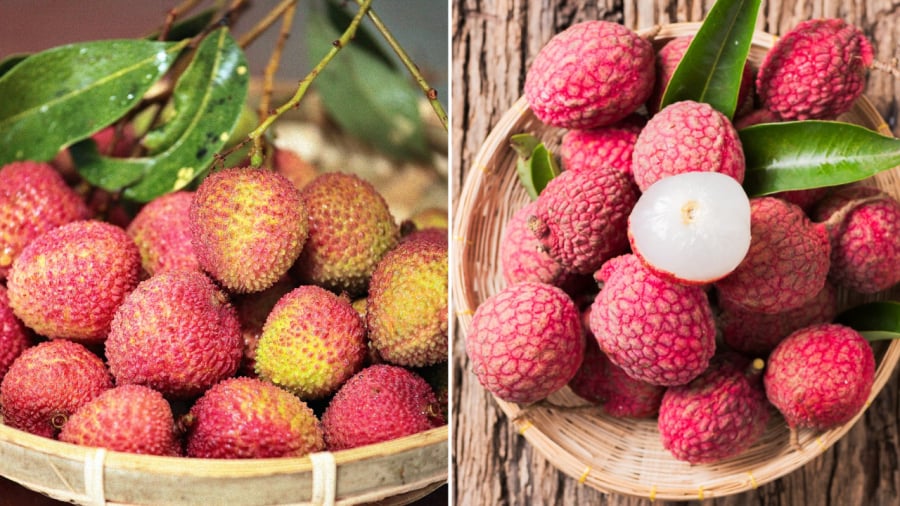Lychees are a delicious summer fruit with a unique sweet taste. They can be enjoyed fresh, brewed into tea, or used in baking, among other culinary delights.
Nutritional Value of Lychees
According to Dân Việt, Ths. Lê Hồng Dũng from the National Institute of Nutrition reveals that lychees are highly nutritious. One hundred grams of lychee pulp can provide 15 grams of sugar and 36mg of vitamin C, which is equivalent to the amount found in an orange. Additionally, lychees are a good source of vitamins B1, B2, B6, folate, and minerals such as magnesium, potassium, copper, and selenium.
Despite their delicious taste and nutritional benefits, not everyone should indulge in lychees.
Who Should Avoid Eating Lychees
As advised by Dân Việt, traditional Chinese medicine practitioner Vũ Quốc Trung from the Hanoi Oriental Medicine Association cautions the following groups against consuming large quantities of lychees.
- People with diabetes
Lychees have a high sugar content, particularly glucose. Consuming too many lychees at once can cause a rapid increase in blood sugar levels, surpassing the body’s ability to absorb and metabolize glucose. For diabetics, this can lead to dangerous complications.
- Individuals prone to dizziness and nausea
A sudden surge in blood glucose levels can trigger a significant release of insulin to lower blood sugar. This may result in symptoms such as cold sweats, dizziness, and nausea, known colloquially as “lychee intoxication.”

- Overweight or obese individuals
With their high sugar content, lychees contain over 70% total sugar, including 66% glucose and 5% saccharose. As such, they are among the fruits with the highest sugar content, and individuals concerned about their weight should consume them in moderation.
- Those prone to mouth ulcers and acne
Excessive lychee consumption can lead to an internal heat buildup due to their high sugar content, potentially causing mouth ulcers, acne, and red rashes.
- Pregnant women
Pregnant women should exercise caution when consuming sugary fruits like lychees. Overindulgence may increase the risk of gestational diabetes.
Moderation is Key
In traditional Chinese medicine, lychees are believed to have a sweet and sour taste, with a neutral or warm nature. They are thought to reduce edema, quench thirst, nourish the blood, and treat acne. However, lychees are considered warming and consuming too many can lead to dry lips, mouth ulcers, nosebleeds, and, in some cases, acne breakouts.
Therefore, it is recommended to consume lychees in moderation. Healthy individuals should not eat more than 5-10 lychees at a time, while children and pregnant women should limit their intake to 3-4 lychees per serving. Additionally, it is advisable to avoid eating lychees on an empty stomach, and parents should always remove the seeds before giving lychees to children to prevent choking hazards.
Selecting Ripe and Fresh Lychees
When purchasing lychees, look for supple branches with fresh leaves. The fruit’s shell should be a bright pinkish-red, devoid of brown spots. Ripe lychees have smooth, enlarged spines on their peel, and a gentle press on the fruit should yield a soft, full, and elastic sensation, indicating a juicy lychee.



































